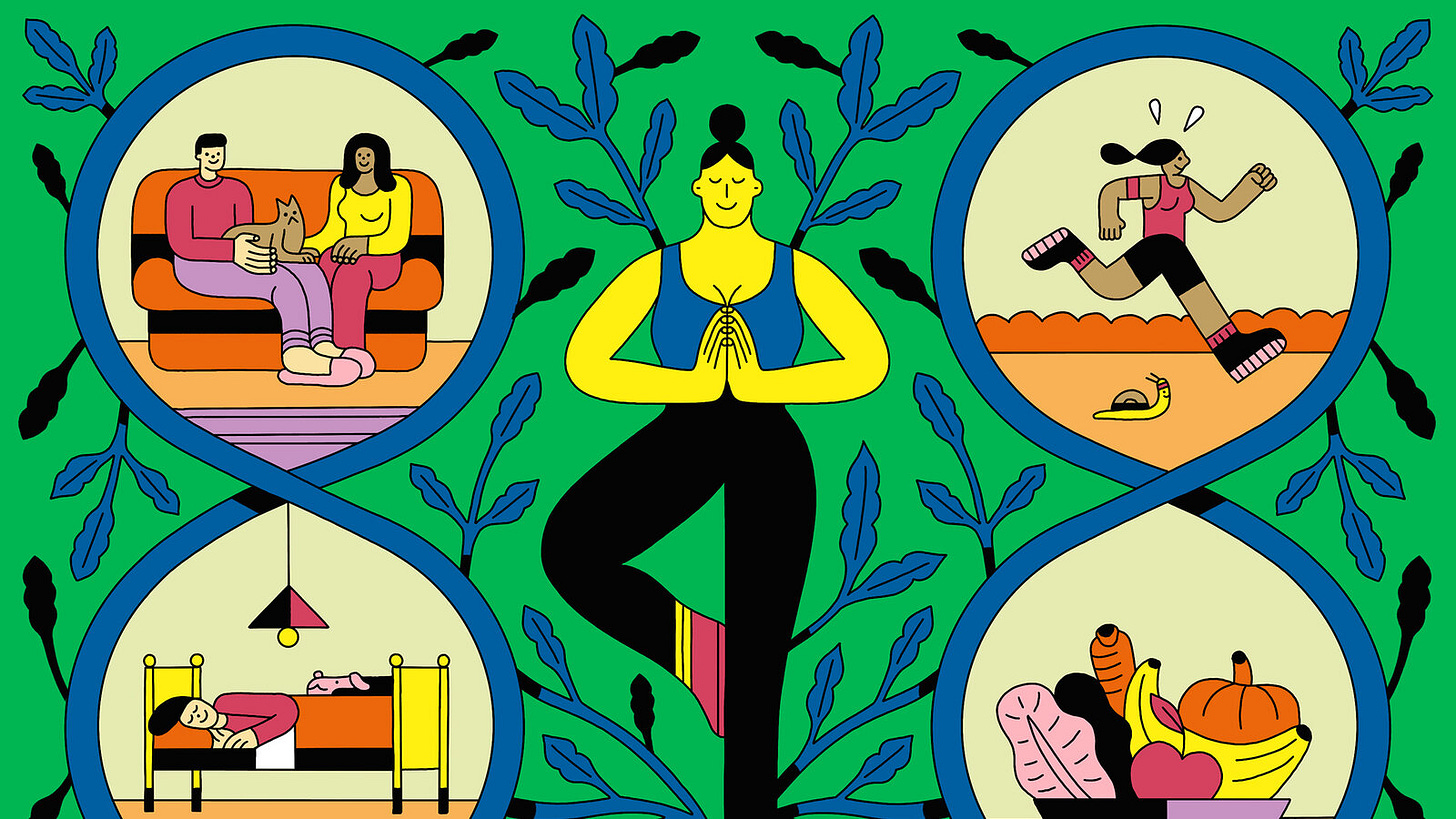The Genetics of Longevity: What Makes Some Live Longer?
Written by Azzy Xiang
Longevity has long fascinated us, with cultures around the world venerating those who reach advanced ages. From ancient tales about medicines that make people immortal to modern sci-fi tales about technology that could extend life spans to hundreds of years, we’ve always wanted to crack the code of aging. While lifestyle choices like diet and exercise play significant roles, genetics is increasingly recognized as a crucial factor in determining lifespan.
Understanding the genetic basis of longevity can offer insights into how to live longer and how to live better: Research has identified specific genes associated with longevity, such as those involved in cellular repair and metabolism. For instance, variations in the FOXO3 gene have been linked to increased lifespan in various populations. This gene plays a role in cellular stress resistance and inflammation regulation, both vital for maintaining health as we age. Furthermore, studies of centenarians - people who are over a hundred years old - reveal a genetic predisposition that allows these individuals to defy the typical aging process.
Of course, genes aren’t the only factor determining someone’s relative longevity. The complex relationship between genes and the environment is critical to pay attention to. Factors such as diet, physical activity, social connections, and mental health significantly influence how genetic predispositions manifest. For example, populations in regions known for high longevity, like the Blue Zones - known as regions where people live extraordinarily long, often exhibit lifestyle practices that complement their genetic advantages, such as plant-based diets and strong community ties.
Plus, emerging research into epigenetics, or how environmental factors influence gene expression, suggests that our lifestyles can actually modify our genetic potential, effectively “changing” our genetic makeup’s impact. This opens up possibilities for interventions that can enhance health span, the period of life spent in good health, rather than just lifespan.
While genetics provides a foundation for understanding longevity, it is the combination of genetic predisposition and lifestyle choices that ultimately shapes our lifespan. Genes alone don’t “magically” extend your lifespan and you can change the quality and length of your life based on whether you make healthy choices or adopt healthy habits.
Written by Azzy Xiang from MEDILOQUY


